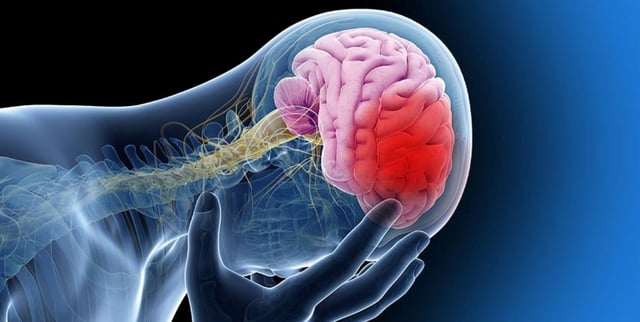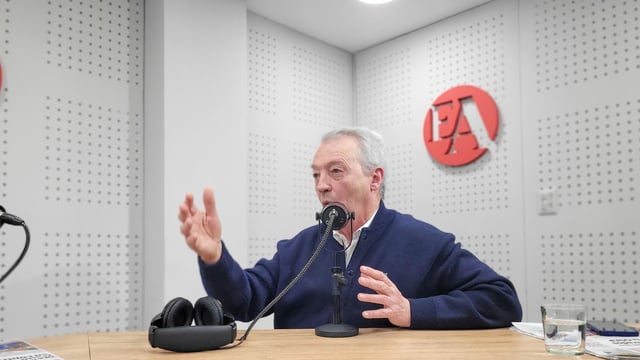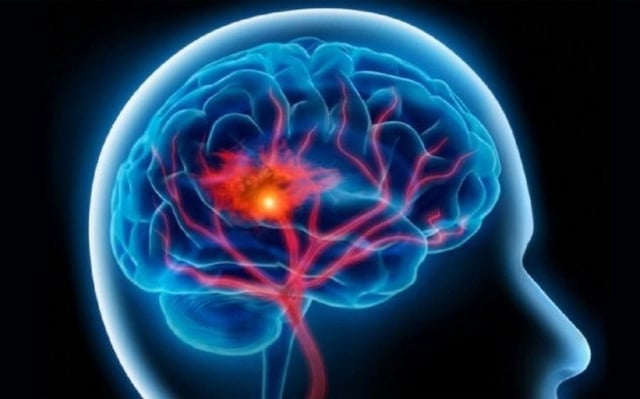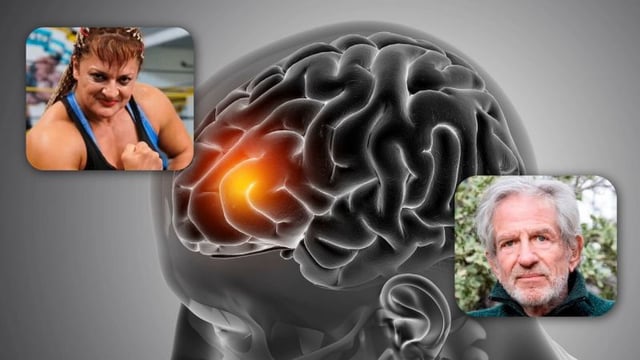Overview
- Roughly 60,000 strokes occur in Argentina each year, making cerebrovascular accidents a leading cause of adult mortality and disability.
- The R.Á.P.I.D.O. mnemonic campaign—rostro desviado, armonía corporal alterada, pérdida de visión o mareos, incapacidad para hablar, decisión de llamar—has been deployed nationwide to speed public identification of stroke signs.
- Emergency operators now trigger a “code ACV” to fast-track ambulance dispatch and route patients directly to hospitals equipped for immediate neuroimaging.
- Intravenous thrombolysis remains available within a 4.5-hour window and the newly introduced tenecteplase offers simpler, single-dose clot-dissolving treatment for selected ischemic stroke cases.
- Early interdisciplinary rehabilitation and control of modifiable risk factors such as hypertension, diabetes and smoking are emphasized to boost recovery and prevent more than 80% of strokes.



